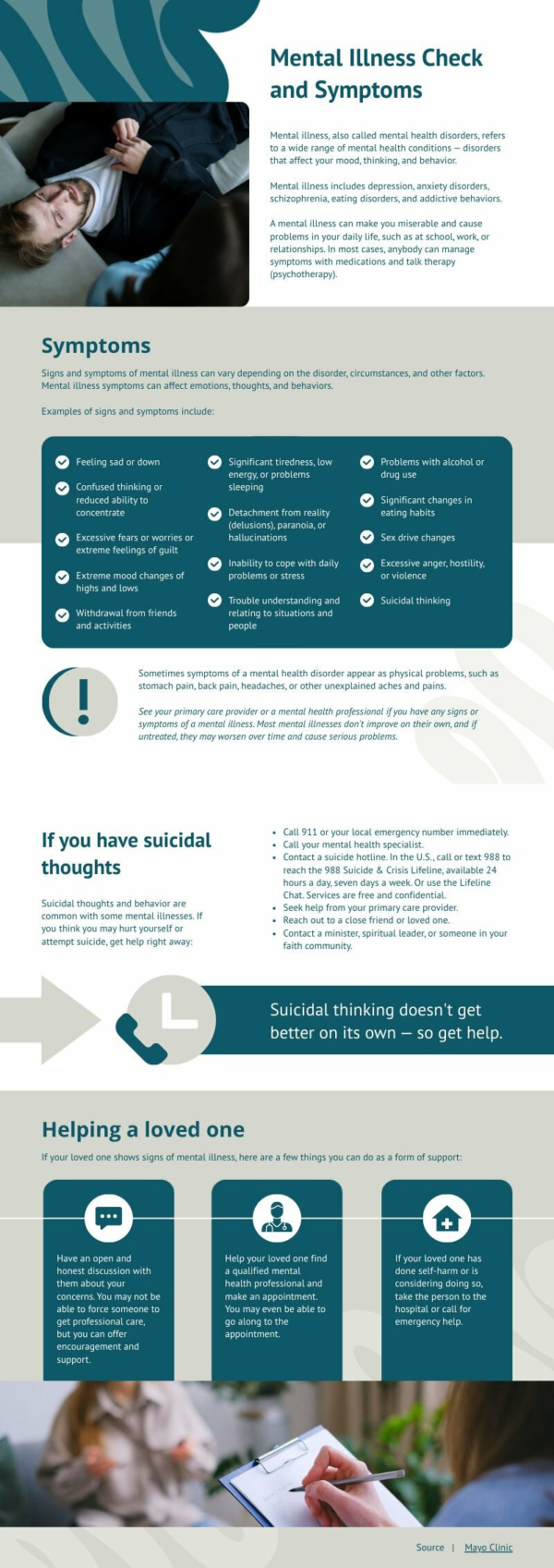
Mental Health Symptom Checker
Checklists
Edit for freeYou'll be asked to log in or sign up for a free Piktochart account first.
Taking care of your mental health is as important as caring for your physical well-being. A mental health symptom checker is a valuable tool that allows individuals to self-assess their emotional and psychological state. Here's how it works and why it matters. How Does It Work? A mental health symptom checker is an online questionnaire or assessment tool designed to help individuals evaluate their mental health. Users are presented with questions about their thoughts, feelings, and behaviors. These questions cover various aspects of mental health, such as mood, anxiety, stress, and relationships. Users provide answers based on their experiences. The tool then analyzes the responses and provides feedback or recommendations based on the user's self-assessment. It may offer insights into potential mental health conditions, recommend seeking professional help, or suggest self-care strategies. Why Does It Matter? Self-awareness: A mental health symptom checker encourages self-awareness. It prompts individuals to reflect on their mental and emotional state, helping them recognize patterns or issues they might have overlooked. Early Intervention: Identifying symptoms early can lead to timely intervention. If the tool detects signs of a mental health condition, it may recommend seeking professional help, enabling individuals to address concerns before they escalate. Destigmatization: Mental health checkers contribute to destigmatizing mental health issues. By making self-assessment accessible and routine, they normalize discussions about mental well-being. Education: These tools often provide information about mental health conditions, symptoms, and coping strategies. Users can learn more about mental health and gain insights into their experiences. Empowerment: Self-assessment tools empower individuals to participate in their mental health actively. They encourage proactive steps toward well-being, such as seeking therapy, practicing self-care, or contacting support networks. Limitations: While mental health symptom checkers can be valuable, they have limitations. They are not a substitute for professional evaluation and diagnosis. Their feedback is based on self-reported information, which may not always be accurate. If the tool suggests potential issues, it's essential to consult a mental health professional for a comprehensive assessment. In conclusion, mental health symptom checkers serve as a helpful starting point for individuals concerned about their mental well-being. They promote self-awareness, early intervention, and education. However, they should be used as a complement to, not a replacement for, professional mental health care when needed.
Available File Type
Customization
100% customizable
Tags
More Templates Like This
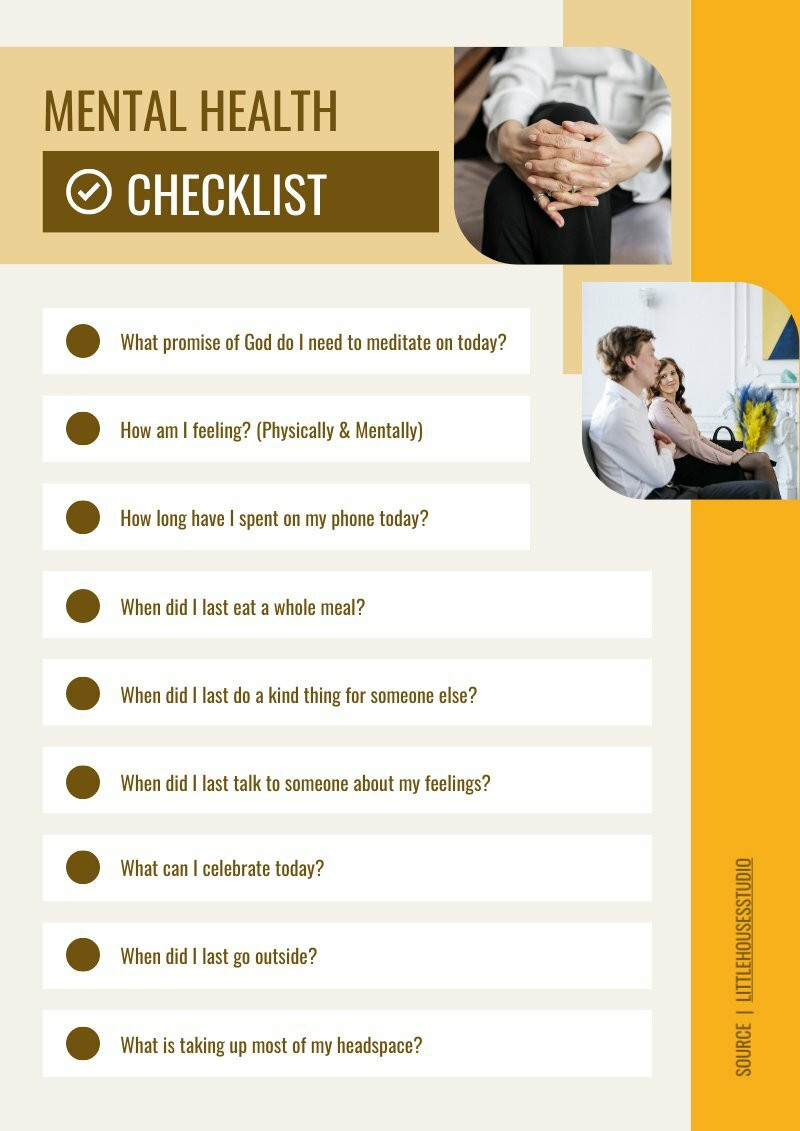 Checklists
Mental Health Check
Checklists
Mental Health Check
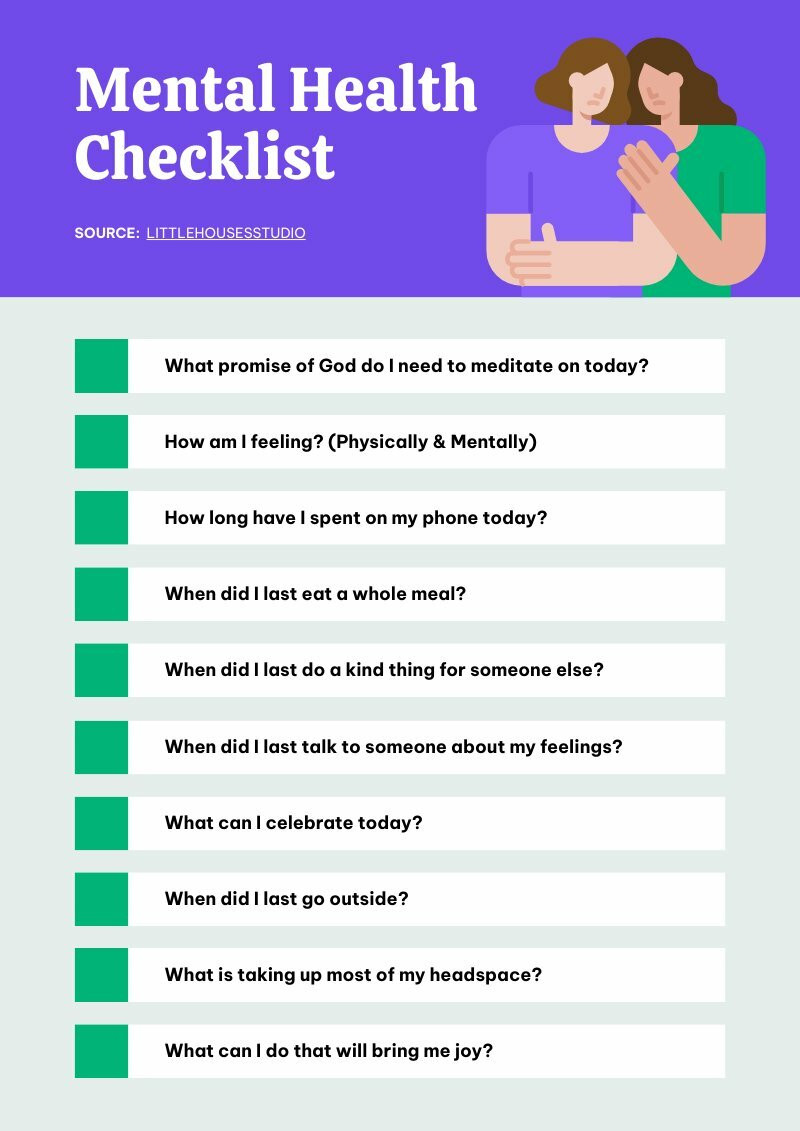 Checklists
Mental Health Check In
Checklists
Mental Health Check In
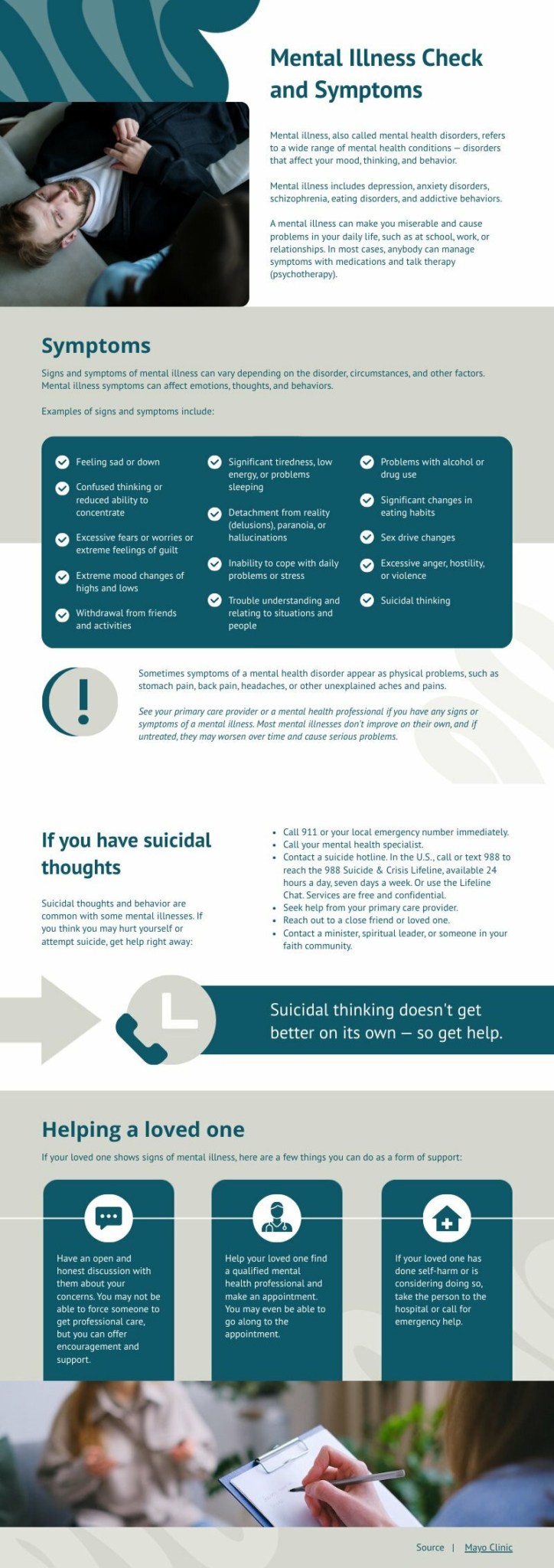 Checklists
Mental Health Symptom Checker
Checklists
Mental Health Symptom Checker
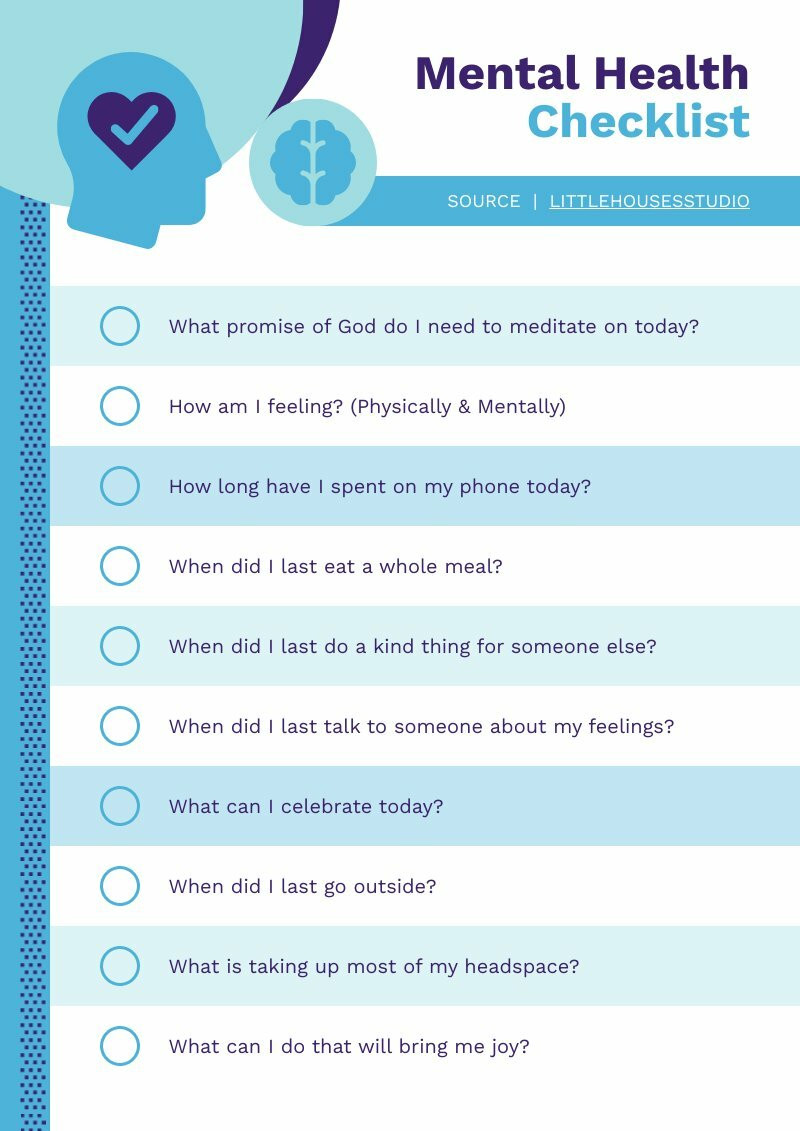 Checklists
Simple Mental Check In Questions
Checklists
Simple Mental Check In Questions
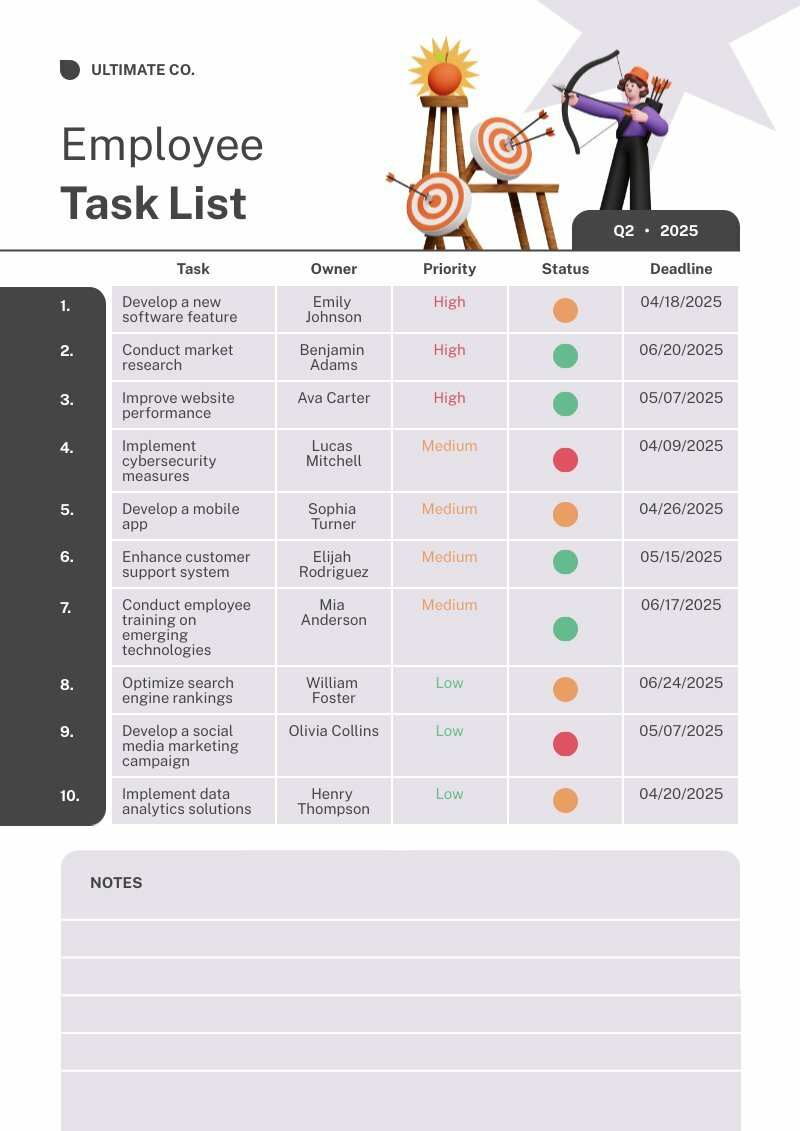 Checklists
Modern Employee Task List
Checklists
Modern Employee Task List
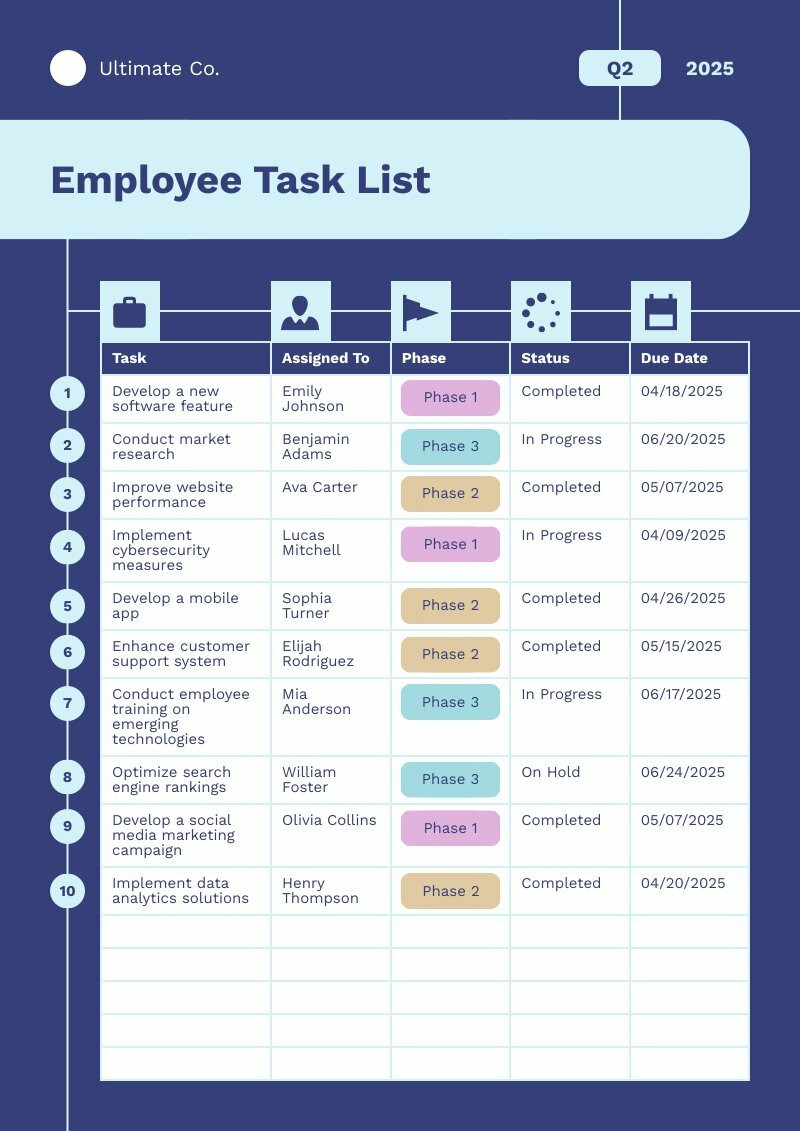 Checklists
Employee Task List
Checklists
Employee Task List
 Checklists
Simple HR Onboarding Checklist
Checklists
Simple HR Onboarding Checklist
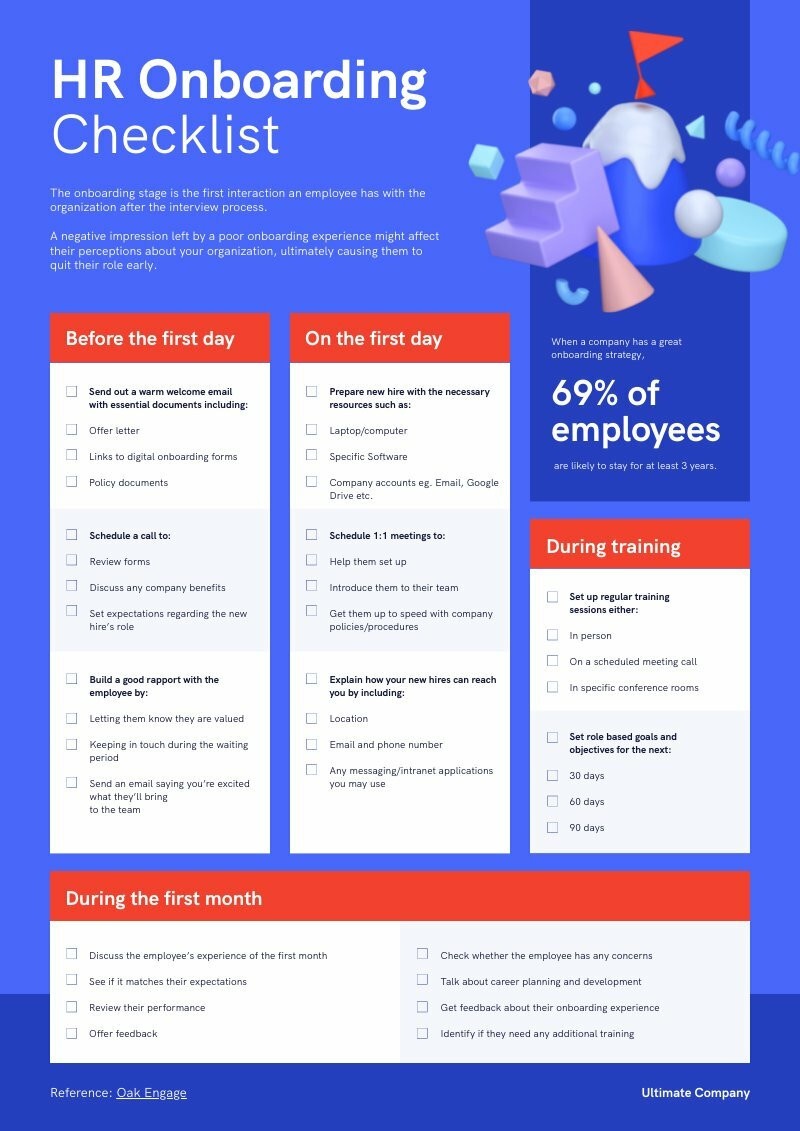 Checklists
Modern HR Onboarding Checklist
Checklists
Modern HR Onboarding Checklist
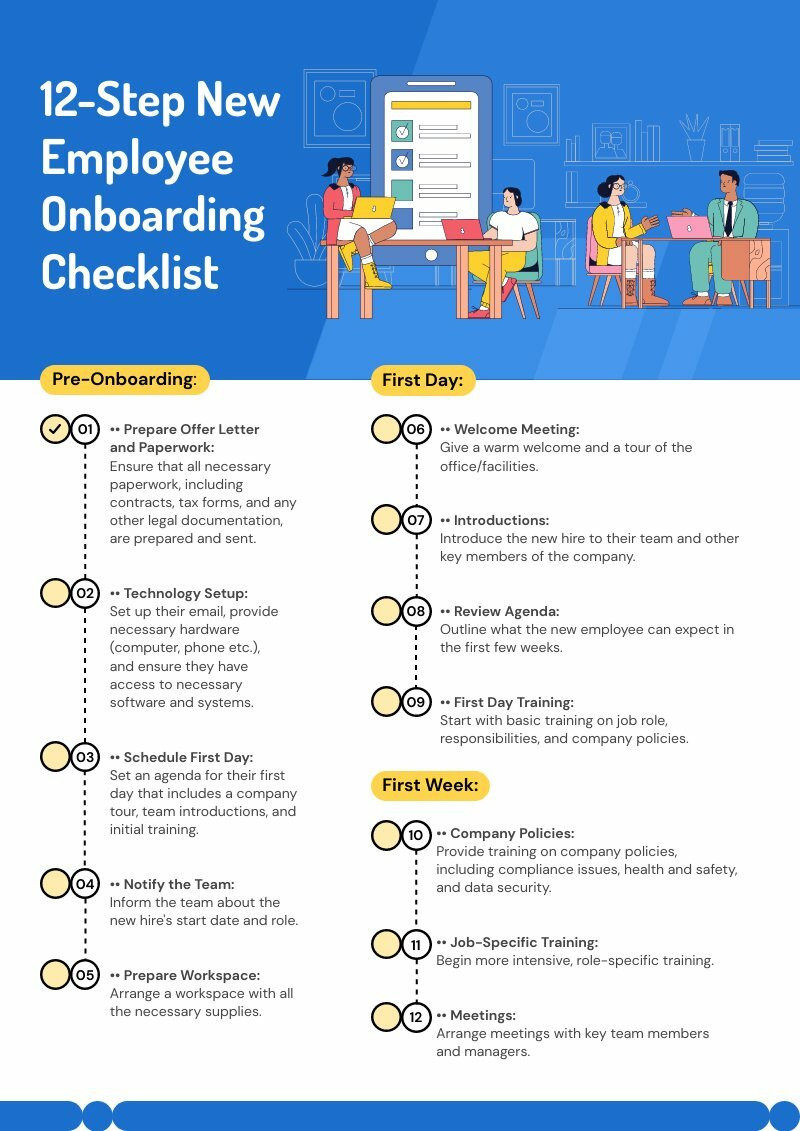 Checklists
12-Step Onboarding Checklist
Checklists
12-Step Onboarding Checklist
 Checklists
Minimalist Employee Review Form
Checklists
Minimalist Employee Review Form
 Checklists
Modern Employee Review Form
Checklists
Modern Employee Review Form
 Checklists
Employee Review Form
Checklists
Employee Review Form